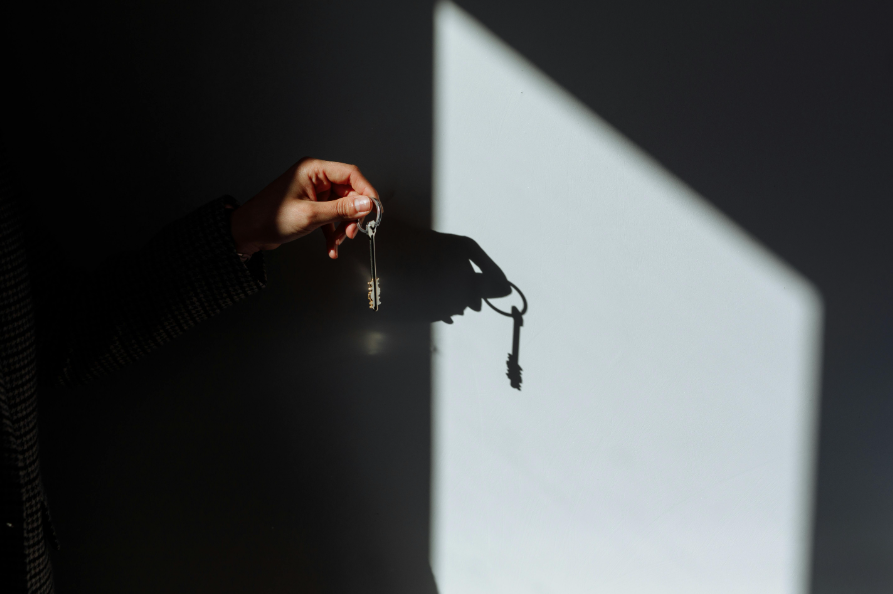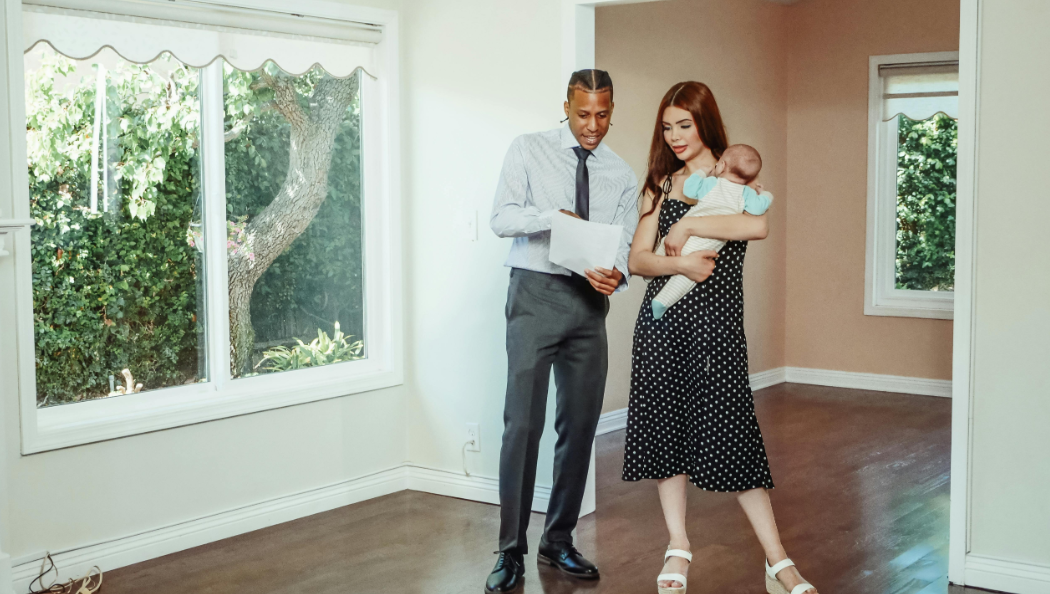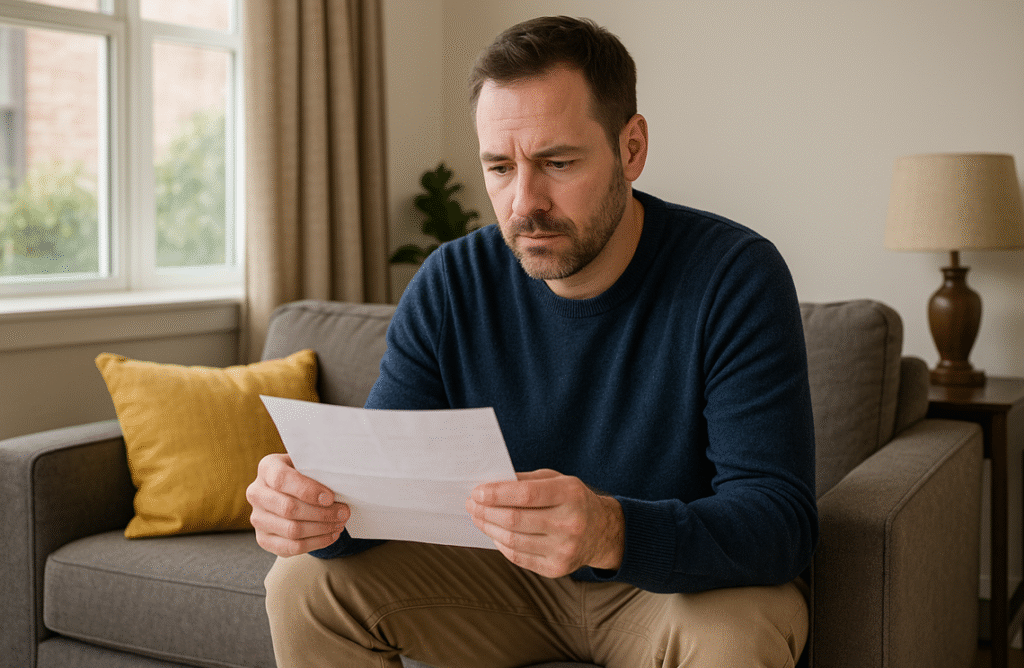Understanding how much Housing Benefit for single person over 35 is crucial if you live on a low income or receive benefits. Once you reach age 35, your entitlement changes because you qualify for the one-bedroom Local Housing Allowance (LHA) rate, instead of the shared accommodation rate used for younger single claimants.
This article explains the current (2024–2025) Housing Benefit rates, eligibility rules, and how your rent and income affect what you receive.
What Is Housing Benefit for a Single Person Over 35 in the UK?
What does Housing Benefit cover and who provides it?
Housing Benefit helps you pay your rent if you have a low income or claim other benefits. It is provided by your local council and funded by the Department for Work and Pensions (DWP).
It can cover:
-
Rent for private, council, or housing association properties
-
Eligible service charges (e.g. communal cleaning or maintenance)
-
Shortfalls in rent through extra support (like Discretionary Housing Payments)
It’s important to note that most new claimants now receive housing help through Universal Credit, not traditional Housing Benefit — unless you’re in special accommodation or pension age.
How does age (over 35) affect your Housing Benefit entitlement?
Once you reach 35 years old, you are no longer restricted to the shared accommodation rate. Instead, you can claim the one-bedroom rate — meaning your benefit covers a self-contained flat or one-bedroom property.
This rule is designed to:
-
Reflect adult independence
-
Allow single people to rent private accommodation
-
Offer higher rent support than under-35s receive
What’s the difference between Housing Benefit and Universal Credit housing element?
Many people confuse the two systems. Here’s how they differ:
| Feature | Housing Benefit | Universal Credit (Housing Element) |
|---|---|---|
| Who administers it | Local Council | Department for Work and Pensions (DWP) |
| Who can claim | People on legacy benefits or pensioners | Most new claimants |
| How it’s paid | Directly to landlord or tenant | Paid with Universal Credit into your account |
If you already receive Universal Credit, you won’t usually get Housing Benefit — your rent support will come from the housing element of UC instead.
How Much Housing Benefit Can a Single Person Over 35 Claim?

How is Housing Benefit calculated in 2024–2025?
Your entitlement is not a fixed amount — it depends on several personal and local factors. The council calculates it based on:
-
Local Housing Allowance (LHA) for your area
-
Your income and savings
-
Your rent amount
-
Who lives with you (household composition)
The DWP updates the LHA rates every April to reflect local rental markets.
What is the Local Housing Allowance (LHA) rate for single people over 35?
If you’re a single person over 35 renting privately, you qualify for the one-bedroom LHA rate. This is higher than the shared accommodation rate and varies by region.
Typical weekly 2024–2025 LHA rates:
-
London (Inner East): £295.49
-
Birmingham: £150.00
-
Manchester: £172.60
-
Leeds: £155.34
-
Cardiff: £160.00
(Source: Valuation Office Agency – April 2024 update)
This means if your rent is within these limits, Housing Benefit can cover most or all of it.
How do rent costs and property types affect Housing Benefit rates?
The amount you receive depends on whether your rent falls within or above your local LHA limit.
-
If your rent is lower than the LHA rate → You’ll receive your full rent amount.
-
If your rent is higher than the LHA rate → You’ll only receive up to the capped LHA limit, and you must pay the difference yourself.
Table: Example of 2024–2025 Local Housing Allowance (LHA) rates across the UK
| Area | Shared Rate | 1-Bed Rate (35+) | 2-Bed Rate |
|---|---|---|---|
| London (Inner East) | £167.37 | £295.49 | £365.92 |
| Birmingham | £99.00 | £150.00 | £172.60 |
| Manchester | £103.56 | £172.60 | £195.62 |
| Leeds | £100.10 | £155.34 | £178.71 |
| Cardiff | £108.90 | £160.00 | £181.37 |
What Are the Eligibility Criteria for Housing Benefit for Single People Over 35?

Who qualifies for Housing Benefit in 2024–2025?
You can usually claim Housing Benefit if you:
-
Pay rent for a home you live in
-
Have a low income or claim benefits like Income Support or Jobseeker’s Allowance
-
Have savings under £16,000 (unless you receive Pension Credit)
-
Live in supported, sheltered, or temporary accommodation
Can single people over 35 claim Housing Benefit if they’re on Universal Credit?
Normally, no — Universal Credit has replaced Housing Benefit for working-age people.
You may still claim Housing Benefit if you:
-
Live in supported housing
-
Are in temporary accommodation arranged by your local authority
How do income, savings, and employment status affect eligibility?
-
If you work part-time, your benefit may reduce depending on earnings.
-
If you have savings over £16,000, you’re not eligible.
-
If you claim Pension Credit, you can still receive Housing Benefit even with savings above that limit.
How to Apply for Housing Benefit if You Are Over 35
Where and how do you apply for Housing Benefit in the UK?
Applications go through your local council’s website. You’ll need to complete an online form or contact the Housing Benefit department for assistance.
You can also:
-
Visit your council’s office for support
-
Ask a benefits adviser or Citizens Advice to help you apply
What documents do you need to apply for Housing Benefit?
Be ready to provide:
-
Proof of identity (passport, driving licence)
-
Proof of rent (tenancy agreement, rent book, or letter from landlord)
-
Proof of income (payslips, benefits letters)
-
Bank statements (usually last 3 months)
These documents help the council calculate how much Housing Benefit for single person over 35 you can receive.
How long does it take to process a Housing Benefit claim?
Processing times vary by council, but typically:
-
Online applications: 2–3 weeks
-
Paper applications: Up to 6 weeks
You’ll receive a written notice with your award amount and payment frequency.
How Much Housing Benefit Do You Get if You Rent Privately vs from a Council?

How does private rent affect Housing Benefit for a single person over 35?
If you rent privately, your benefit is capped at the LHA rate.
-
If your rent is within the LHA rate → You may receive full Housing Benefit.
-
If your rent exceeds the LHA rate → You must pay the difference yourself.
What happens if your rent is higher than your Housing Benefit entitlement?
You can apply for a Discretionary Housing Payment (DHP) from your council. This temporary payment can help you manage shortfalls due to:
-
High local rent prices
-
Sudden income loss
-
Short-term financial hardship
How does council or housing association rent differ from private rental rates?
Council and housing association rents are usually lower than private market rents. Therefore, Housing Benefit often covers the full rent in these cases.
Can Housing Benefit Be Backdated or Increased for Single People Over 35?
Under what circumstances can you get a backdated Housing Benefit payment?
Your local council can backdate your claim by up to one month if you show a good reason for a late application, such as:
-
Illness or hospital stay
-
Bereavement
-
Misunderstanding the process
How can you appeal or request a reassessment of your Housing Benefit?
If you believe your Housing Benefit amount is incorrect:
-
Ask for a mandatory reconsideration
-
Submit an appeal to the First-tier Tribunal
-
Provide updated proof of income, rent, or savings
What Other Housing Support Options Exist for Single People Over 35?

What help can Universal Credit offer for housing costs?
If you’re on Universal Credit, you can claim its housing element, which replaces Housing Benefit for most people.
This support helps pay:
-
Monthly rent
-
Some service charges
-
Rent arrears (in limited cases)
Are there discretionary housing payments (DHP) or local council top-ups?
Yes, local councils can provide DHPs for tenants struggling to pay rent. These are:
-
Temporary and needs-based
-
Non-repayable
-
Useful during rent increases or benefit delays
Conclusion
To summarise, how much Housing Benefit for a single person over 35 depends mainly on your local LHA rate, income, and rent level. Once you turn 35, you qualify for the one-bedroom rate, which allows you to claim for self-contained accommodation instead of shared housing.
By checking your local council’s LHA rate and submitting the right documents, you can make sure you receive the full support you’re entitled to in 2024–2025.
FAQs
How much is the Housing Benefit for a single person on low income?
It depends on your rent and local LHA rate. On average, single people over 35 receive £150–£295 per week depending on their area.
Can a single person over 35 get full Housing Benefit?
Yes — if your rent is within the local one-bedroom LHA limit and your income is low enough.
What is the difference between the shared rate and one-bedroom rate?
The shared rate applies to most under-35s, while those over 35 qualify for the higher one-bedroom rate, covering self-contained housing.
Does savings affect Housing Benefit for single people?
Yes. You can only get Housing Benefit if your savings are under £16,000, unless you receive Pension Credit.
How often is Housing Benefit paid?
Most councils pay it every two weeks, either directly to your landlord or into your bank account.

I’m Adam Milne, a business writer and co-author at UKBusinessMag.co.uk. I’m passionate about simplifying complex topics—whether it’s tax, startup strategy, or digital marketing—so that entrepreneurs can take action with confidence. With years of experience in small business consultancy, I bring a practical perspective to every piece I write, helping readers turn ideas into results.



